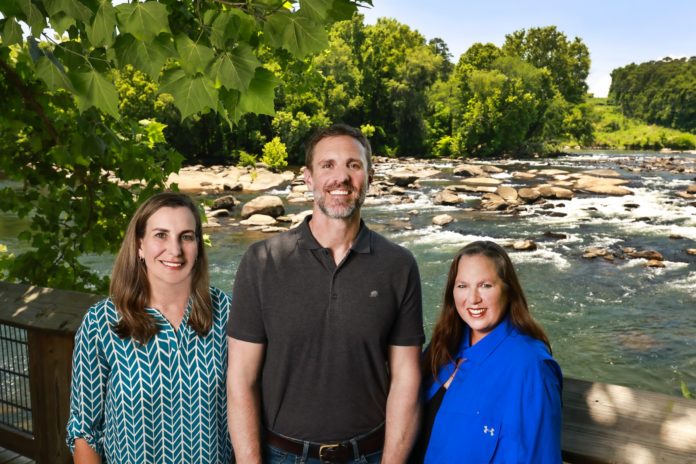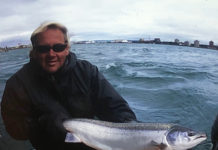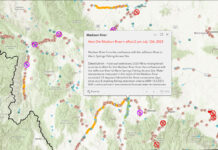Boots-on-the-ground,.hands-in-the-dirt restoration will continue to be an integral part of the SCWF’s work. The organization’s Certified Wildlife Habitat Program offers the means to engage whole communities in restorative efforts. Through this program, habitats in backyards, schoolyards, churches, parks, industrial properties, and even entire communities can be certified as wildlife sanctuaries by providing food, water, cover, and places for wildlife to raise their young. Columbia is one of 11 communities in the state that has earned this certification — the hallmark of a grassroots commitment to wildlife and natural resources.
Over the years, the SCWF has learned that education is the deciding factor of commitment to the cause on any scale. Jay cites Baba Dioum, a Senegalese forestry engineer, as capturing this sentiment in a statement to the General Assembly at the International Union for Conservation of Nature in 1968: “In the end we will conserve only what we love, we will love only what we understand, and we will understand only what we are taught.”
The SCWF imparts a love and understanding of wildlife and natural resources through year-round classes, retreats, camps, and webinars. As a certified Palmetto Pro Birder, Jay leads birding classes for both green and seasoned birders across the state. Identifying birds, he explains, is as much about visual identification as it is audible identification, as well as a familiarity with bird habitats. Mnemonics like “Who cooks for you? Who cooks for y’all?” help to identify the nocturnal Barred Owl. Vibrant colors, such as the striking sapphire hue of Indigo Buntings, make it easy to spot daytime fliers. Although he could rattle off Audubon acumen for hours, Jay’s biggest suggestion to budding ornithologists is to sit and let nature come to them. “I think everybody can do it if they just allow themselves to slow down,” he says.
While slowing down does not fit into the curriculum at Camp Wildwood, knowing where to look and what to listen for does. The camp, located in Kings Mountain, is operated via a partnership between the Garden Club of South Carolina, SCDNR, SCWF, South Carolina State Parks, and the Harry Hampton Memorial Wildlife Fund. Each summer, roughly 100 first-year campers spend a week learning about wildlife, forestry, fishery, and natural resources, in addition to leadership and comradery.
One-fifth of this group is invited back the following year, during which the seasoned campers travel off-site for high ropes, whitewater rafting, boat tours, and fly fishing. Second-year campers also dive deeper into leadership development and natural resource education. Those who are selected for the third year program head to the Donnelly Wildlife Management Area on the ACE Basin for a coastal experience consisting of shark fishing, sea turtle education, and canoeing. As a former camper who now doubles as one of the camp’s second-year staff coordinators, BeBe credits Camp Wildwood as the stimulus for her career in natural resources. “I changed my major from advertising to marine science after that camp,” she says. Her experience, she explains, is common for Camp Wildwood alumni, regardless of their career path. “Even if you don’t become a natural resources professional, you’ve still got that little voice in your head asking, ‘Is this the most conservation-minded approach?’”
This question undergirds all of SCWF’s work, reinforcing the organization’s mission of conserving and restoring South Carolina’s wildlife and habitat through education and advocacy with every project, program, and person they reach. “The more that we can get education into the hands of the public and engage the public in education, the more chances it will move them into action,” BeBe says.
Credit: Source link






























